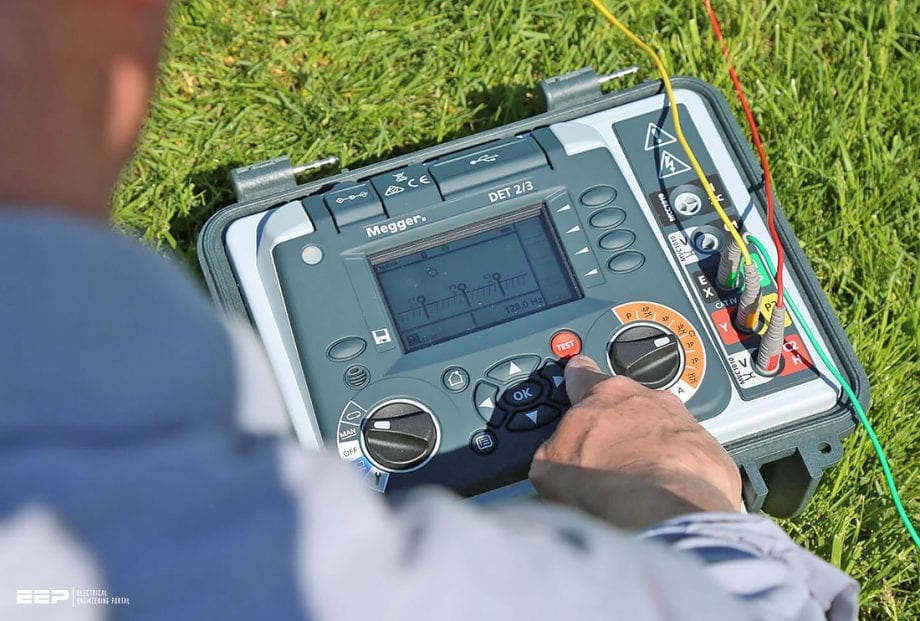
Opening a pet store is an exciting venture. It’s a business that appeals to pet lovers, offering a unique blend of commerce and compassion. Yet, amidst the excitement of choosing inventory, designing the space, and planning marketing strategies, one crucial aspect often gets overlooked: ground testing. While it may seem mundane compared to other aspects of setting up shop, ground testing holds immense significance for the success and longevity of a new pet store. In this comprehensive guide, we delve into the reasons why ground testing is a non-negotiable investment for any aspiring pet store owner.
Understanding Ground Testing
Ground testing involves analyzing the soil and environmental conditions of a potential building site before construction or renovation begins. It provides valuable insights into the composition of the soil, potential contaminants, drainage issues, and other factors that could impact the stability and safety of the structure.
Ensuring Pet Health and Safety
The primary reason why ground testing is essential for new pet stores is the well-being of the animals they will house. Pets are susceptible to various health issues, many of which can be exacerbated by poor environmental conditions. Contaminated soil, for instance, can introduce toxins that harm animals or compromise their immune systems. By conducting thorough ground testing, pet store owners can identify and mitigate any risks posed by soil contamination, ensuring a safe and healthy environment for their furry clientele.
Preventing Structural Damage
In addition to safeguarding pet health, ground testing also helps prevent structural damage to the building itself. Soil instability, inadequate drainage, or improper compaction can lead to foundation problems, water infiltration, and other issues that compromise the integrity of the structure. Investing in ground testing upfront allows pet store owners to address any soil-related concerns before construction begins, saving them time, money, and headaches down the road.
Compliance with Regulations
Pet stores are subject to various regulations and standards aimed at ensuring the welfare of animals and the safety of the public. Depending on the location, these regulations may include requirements related to environmental protection, building codes, and zoning ordinances. Ground testing helps pet store owners comply with these regulations by identifying any environmental hazards or soil-related issues that need to be addressed before opening for business. Failure to comply with regulations can result in fines, legal liabilities, and reputational damage, making ground testing a crucial risk management tool for new pet stores.
Optimizing Site Selection
Choosing the right location for a pet store is critical to its success. Factors such as visibility, accessibility, and proximity to target customers all play a role in determining the viability of a site. Ground testing provides valuable information that can help pet store owners make informed decisions about site selection. By evaluating soil conditions and environmental factors, owners can identify sites that are well-suited to their needs and avoid potential pitfalls that could impede their success.
Enhancing Long-Term Viability
Ground testing isn’t just about meeting immediate needs; it’s also an investment in the long-term viability of the pet store. By addressing soil-related issues upfront, owners can prevent costly repairs and renovations down the line. A solid foundation built on thorough ground testing sets the stage for sustainable growth and success, allowing pet stores to focus on providing excellent products and services to their customers without worrying about underlying structural or environmental problems.
Conclusion
In the hustle and bustle of starting a new pet store, ground testing might not be the most glamorous or exciting task on the to-do list. However, its importance cannot be overstated. From ensuring the health and safety of pets to preventing structural damage and complying with regulations, ground testing is a vital investment for any aspiring pet store owner. By prioritizing this essential step, pet store owners can lay the groundwork for a successful and sustainable business that brings joy to pets and their owners for years to come.

